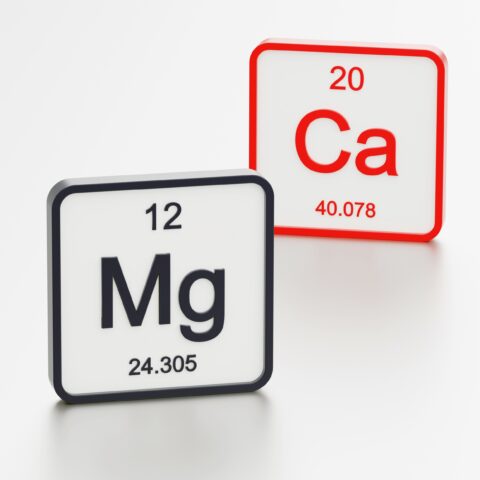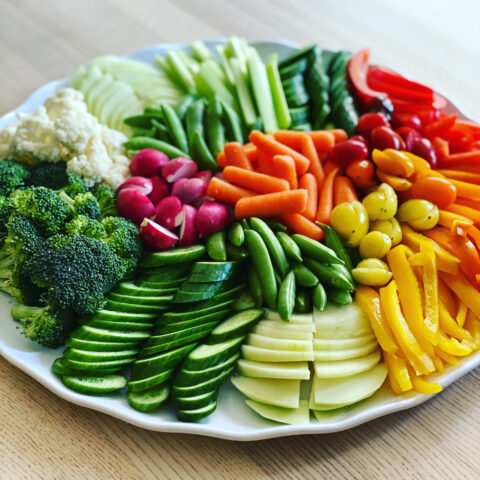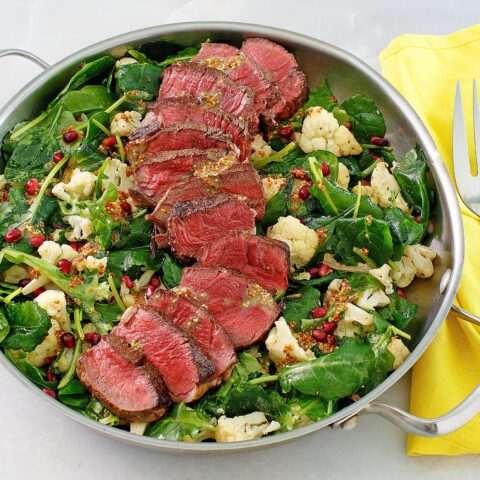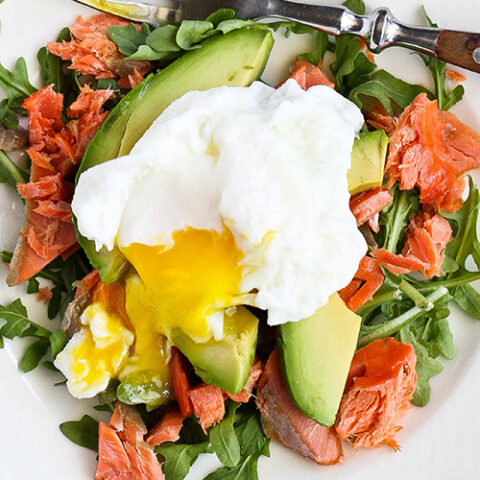Research
Paleo-Friendly Foods That Support GLP-1 Activity
Kimberly Lord Stewart
GLP-1 agonist medications have taken the world by storm, but many foods in The Paleo Diet® also naturally support GLP-1 activity. Types of Regenerative Agriculture
Betsy Schroeder
Unlike organic agriculture, which follows strict certification standards, regenerative agriculture is a broad philosophy that encompasses a variety of farming methods. Taurine for Cardiovascular Health
Betsy Schroeder
Taurine has several physiological benefits, but did you know it can contribute to heart health? Fact Checking the Data Behind Blue Zones
Loren Cordain, Ph.D. and Mark J. Smith, Ph.D.
Blue Zone regions and diets are based on data from people who make it to 100 years of age, but these aren’t the oldest populations in the world. Is Pumpkin Good for You? Health Benefits of Pumpkin
Maureen Farrar
From boosting immunity to promoting healthy vision, pumpkin is packed with vitamins, minerals, and fiber. The Importance of the Magnesium and Calcium Relationship: A Key Ratio for Health
Trevor Connor, M.S.
The magnesium and calcium relationship is important for overall health—and government guidelines on calcium got the science wrong. Salt is a Killer Without Huge Intakes of Fruits and Veggies
Loren Cordain, Ph.D.
Are you eating enough fresh fruits and veggies to counteract your salt intake? The Myth that Hunter-Gatherers Didn’t Live Long
Trevor Connor, M.S.
Does Bill Nye’s recent criticism of Paleo lifestyles and diets hold scientific weight? Read why the research doesn’t back his claims, and keep up with our blog for the latest Paleo news! Naturally & Artificially Sweetened Beverages Are Associated with Dementia and Alzheimer’s
Trevor Connor, M.S.
A growing body of research demonstrates the negative health effects of overconsuming sweeteners. Eat More Protein for Better Health
Casey Thaler, B.A., NASM-CPT, FNS
Protein is essential to overall health and wellness, weight loss, and athletic performance—and The Paleo Diet is naturally high in protein. New Research Highlights Health Benefits of High Protein Diets
Christopher Clark
By following a Paleo diet, which of course eliminates refined sugar and cereals, you’ll naturally be consuming what’s considered to be a high protein diet. 









